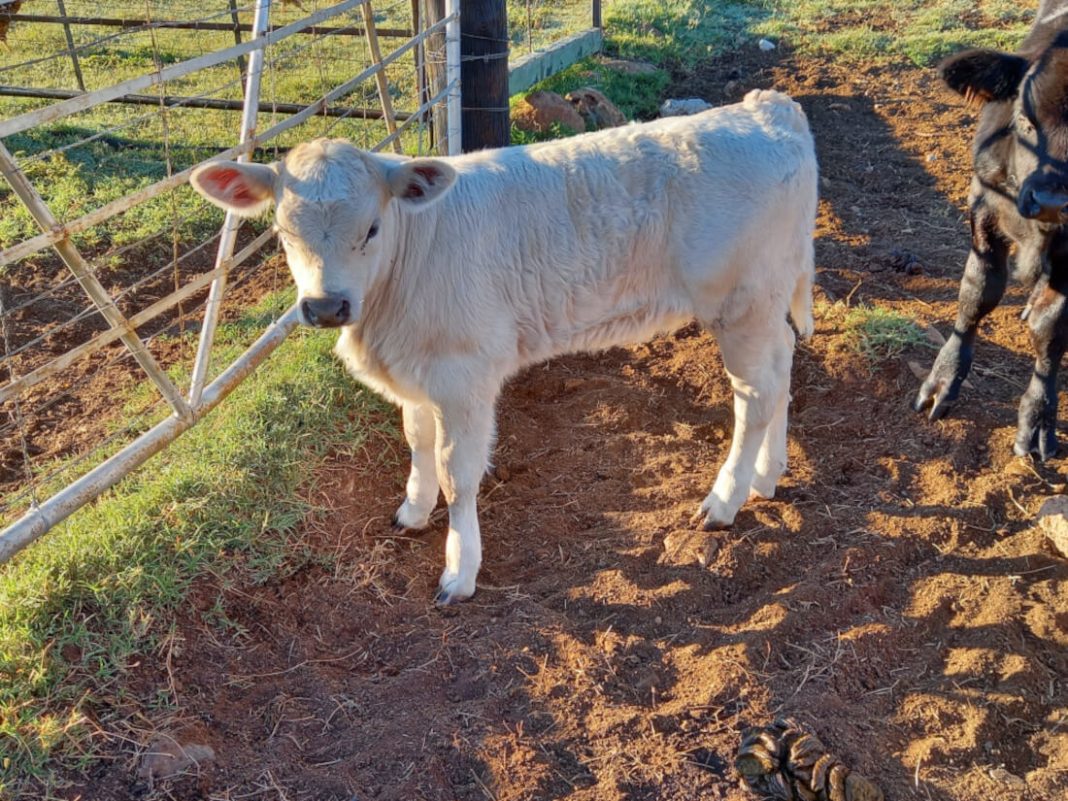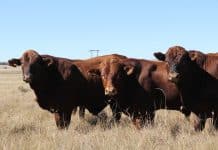Estimated reading time: 4 minutes
When it comes to parasite control, there are specific guidelines and signs that require attention. It would be a mistake to take a general approach to parasite control, says Nicolaas Groenewald, operational director at Biorem Biological Products.
“For most people, the term ‘parasite’ normally includes worms such as roundworm, tapeworm and nasal bots, as well as liver and stomach flukes. But it is more complex than this as each region’s parasite load is unique.
“Parasite problems require a very specific, goal-oriented approach. Meticulous management is the best option for preventing any problems and ensuring optimal herd health.”
Flukes
Applying excellent nutritional, grazing or feeding practices and preventing populations from taking hold, explains Nicolaas, is crucial. Plummeting daytime temperatures are usually the stimulus flukes need to infest earth dams and troughs.
Anaemia, which is typically observable as bottle jaw in the cold months, may be indicative of liver fluke infestation. Conical flukes, in turn, cause slimy, foul-smelling diarrhoea. In some instances, E. coli will typically cause ‘white’ diarrhoea in younger animals.
Tapeworms
Tapeworm infestations, he says, don’t always receive due attention, and have detrimental consequences. Infestations cannot be treated preventively and a strategic dosing programme must therefore be followed, especially in areas that have a history of this type of infestation.
Lambs should be treated at the age of six and twelve weeks. This calculation is based on the life cycle of the milk tapeworm in particular, but the treatment is just as effective for narrow tapeworms.
The role of probiotics
Stress plays a key role in the degree of infestation. Castration and tail docking, which is normally associated with more intense handling of lambs, contribute to higher stress levels.
“In practice, however, we find that administering a probiotic roughly seven days after birth decreases the occurrence of tapeworm segments, with a corresponding improvement in weight gain.”
Nicolaas adds that although there is no evidence of probiotics having any direct effect on tapeworm infestation itself, it is believed that it increases young animals’ general resistance by promoting feed usage. “It definitely promotes feed intake at a younger age, which also contributes to improved growth.”
Veld trials showed an improvement of around 900g/lamb at six weeks of age after the animals were dosed with 5ml of a probiotic. A significant decrease in tapeworm segments was also noted.
Cryptosporidium
Just like Covid-19 in humans, cryptosporidium has begun to take on pandemic proportions, says Nicolaas. Although there is no registered remedy against it, animals dosed with a probiotic often showed a significant improvement in condition during an outbreak.
“Once again, we suspect that the benign organisms supress the potential secondary infection by pathogens such as E. coli. Furthermore, probiotics may increase the animals’ level of immunity by way of improved feed utilisation.
“To improve the immunity of young lambs as part of an inclusive management programme, probiotics can be administered in the second week after birth and monthly thereafter for up to at least three months. Although less exposed, calves can be treated monthly from the age of one month. The norm should be to dose probiotics every time animals are moved, transported or weaned.”
Natural parasite control
Adré Kleynhans of Tzitzikama Effective Microorganisms (TEM) explains that any animal, whether in nature or in intensive farming systems, is exposed to parasites to some degree. The risk is considerably higher in the case of intensive farming systems, as environmental factors are determined mainly by management issues such as housing, nutrition, lambing seasons and handling.
When applying a more natural parasite control strategy, the greatest emphasis, according to her, is on the immunity of the animal. The higher the immunity, the stronger the animal’s inherent resistance to parasites. The pressure on the immunity of animals is much higher in an intensive farming system.
TEM’s natural parasite control products are not medication, but rather a natural supplement for the immune system. “It mainly consists of beneficial micro-organisms and medicinal plant extracts that are processed locally in TEM’s laboratory,” she says.
Beneficial micro-organisms support the naturally occurring flora in the stomach. Plant material is selected for certain properties such as natural control of internal parasites, detoxification, mineral and trace element supplementation, immune support as well as natural properties that counteract respiratory problems and fungi. Hence, there is a targeted focus on the animal’s own immunity in order to develop natural resistance to internal parasites.
Adré adds that there will always be a place for chemical agents, but that a natural treatment reduces our reliance on them. “Chemical agents are needed in cases of extremely high infestations or when an animal’s immunity is not strong enough to offer much resistance. By regularly performing faecal egg counts, the degree of infestation can be monitored.” – Christal-Lize Muller, Stockfarm
For more information, contact Nicolaas Groenewald on 072 272 7611 or nicolaas@biorem.co.za, or Adré Kleynhans on 082 925 3122 or adrekleynhans2@gmail.com.









